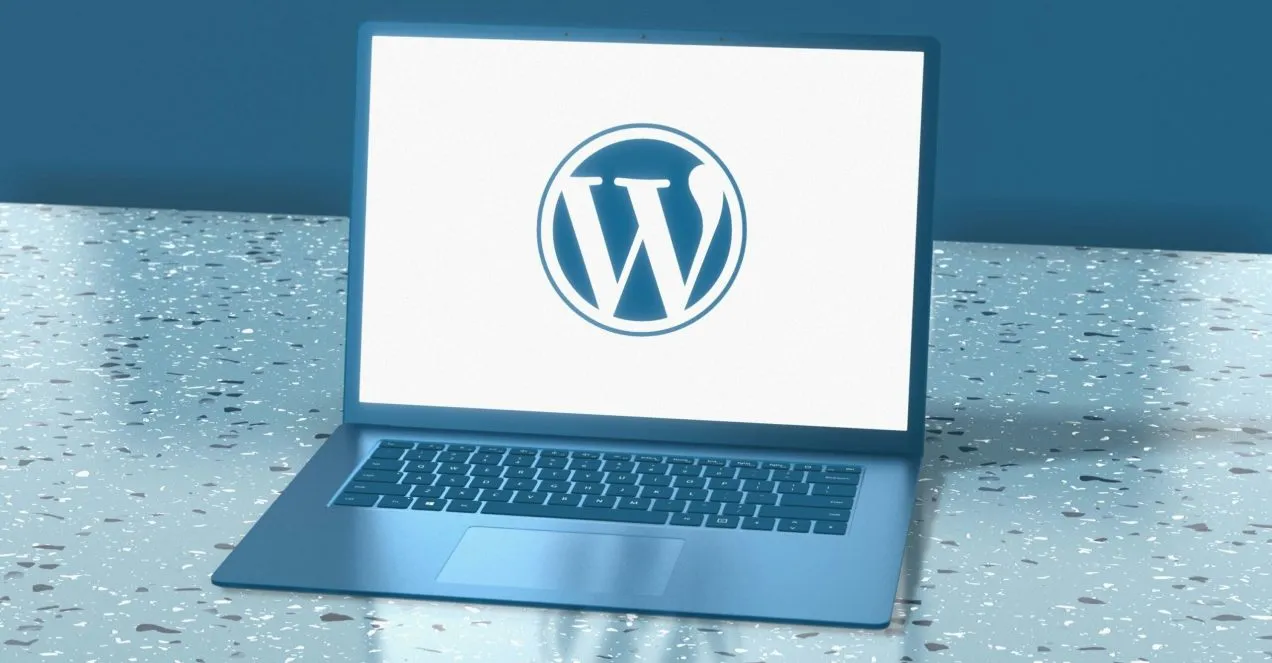

WordPress is a widely recognized content management system (CMS) that empowers individuals and businesses to build and manage websites with ease. One of the primary reasons for its popularity is its remarkable flexibility. Whether you are creating a simple blog, a portfolio, or a complex e-commerce site, WordPress can be tailored to meet diverse needs. This versatility is further enhanced by the use of the Elementor page builder, which allows users to design their WordPress Elementor site effortlessly, employing AI-driven features that streamline the building process.
User-friendliness is another defining feature of WordPress. With its intuitive interface, WordPress enables users, even those without technical expertise, to navigate and manage their websites efficiently. The drag-and-drop functionality provided by Elementor enhances this experience, as it allows users to create visually appealing layouts without needing to write code. This accessibility is particularly beneficial for small business owners and entrepreneurs who may lack resources for professional web developers.
Moreover, the extensive community support available to WordPress users is invaluable. With a plethora of forums, tutorials, and resources, users can find help easily and quickly troubleshoot issues. This community-driven approach fosters continuous development and innovation, ensuring the platform evolves to meet modern web standards. It is important to note the distinction between WordPress.com and WordPress.org: while the former offers a hosted solution with limited customization, WordPress.org enables users to download and install the software on their own servers, thus granting complete control over the website’s functionalities and design. This self-hosting option is particularly advantageous for those aiming to create a robust and personalized WordPress Elementor site.
When embarking on the journey of creating a WordPress site, selecting the right website service is paramount. With various options available, such as web hosting, design services, and support packages, understanding what each has to offer is vital for making informed choices. One of the foremost considerations should be the reliability of the hosting service. A dependable web host ensures that your WordPress Elementor site remains operational with minimal downtime, which is essential for maintaining user engagement and search engine rankings.
Next, evaluate the customer support provided by the service. WordPress projects can encounter unexpected obstacles, and having access to responsive and knowledgeable support can ease such situations. Look for providers that offer 24/7 support through multiple channels, including live chat, emails, and phone assistance. This feature becomes particularly valuable when you are utilizing advanced tools like Elementor, where you may need prompt solutions to design-related queries.
Performance is another critical aspect to consider when evaluating WordPress services. The speed and efficiency of your website are influenced significantly by the underlying hosting infrastructure. Opt for services that provide optimized environments tailored for WordPress, ensuring faster load times and better overall user experience. Additionally, consider the scalability options offered by the service provider. As your business grows, your WordPress site may need to accommodate higher traffic and expanded functionalities, necessitating a service that can adapt accordingly.
Ultimately, the choice of a WordPress website service should align with your specific business needs and future growth potential. Assessing offerings against your requirements ensures that you not only find a suitable hosting solution but also the right blend of design services and support to elevate your WordPress Elementor site. This thoughtful approach to selection lays a strong foundation for your online presence.
Building a WordPress website involves a systematic approach that lays the foundation for a successful online presence. The first step in this process is to register a domain name that reflects your brand identity and resonates with your target audience. Choosing a reliable hosting provider is crucial as it impacts the website’s speed and performance. Once your domain is set and hosting is secured, the next step is to install WordPress. Most hosting services provide a user-friendly one-click installation feature that simplifies this process.
After installation, you’ll have access to the WordPress dashboard, where you can start customizing your website. Selecting an appropriate theme is a vital aspect of the design phase. Consider using Elementor, a popular page builder, which allows for enhanced customization without the need for extensive coding knowledge. Elementor provides a variety of pre-designed templates, making it easier to create a visually appealing and functional WordPress Elementor site that meets your needs.
Customization does not stop at selecting a theme. It’s essential to ensure that your website is mobile-friendly as an increasing number of users access the internet via mobile devices. Implementing responsive design elements ensures that your content looks great on all screen sizes. Additionally, you should install essential plugins that enhance functionality, including those for SEO, security, and speed optimization. Utilizing SEO plugins, for instance, can guide you in implementing best practices to improve your website’s visibility on search engines.
Finally, regularly updating your website’s content and plugins, monitoring site performance, and obtaining user feedback are critical components for sustained success. By following these essential steps, you can create a robust WordPress website that effectively represents your brand and engages your audience.
Launching a WordPress website is a significant milestone, but the journey does not end there. Post-launch maintenance is vital to ensure your site remains functional, secure, and user-friendly. Regular updates are essential for both WordPress core and Elementor plugins. Keeping these elements updated mitigates vulnerabilities and adds new features that can enhance your WordPress Elementor site.
In addition to updates, performing regular backups is crucial. Backups serve as a safety net against data loss, allowing you to restore your site to a previous state in case of an error or security incident. Utilizing automated backup solutions can streamline this process, ensuring you have current copies stored securely. Furthermore, implementing robust security measures, such as installing security plugins, can protect your site against potential threats.
Another critical aspect of post-launch maintenance is performance optimization. Speed affects user experience and search engine ranking, therefore, optimizing images, caching, and minimizing use of heavy scripts are all advisable practices. Tools like Google PageSpeed Insights can provide insights into your site’s performance and suggest improvements.
Analyzing website traffic is equally important for ongoing optimization. Using tools like Google Analytics, website owners can gain insights into user behavior, identify popular content, and assess which elements may need enhancement. This data is invaluable for making informed decisions regarding site structure and content, leading to a continuously improving WordPress Elementor site. Regular analysis helps to adapt the site to the audience’s preferences and demands.
Troubleshooting common WordPress issues is also part of maintaining your site. Familiarizing yourself with resources such as WordPress support forums and knowledge bases can empower you to resolve minor problems effectively without needing professional help. By prioritizing these maintenance activities, you can ensure your WordPress site remains reliable, secure, and optimized for users over time.





Your Digital Growth Partner.
Our tailored digital solutions are designed to elevate your online presence and drive measurable growth.
Copyright © 2024 World Successes | All rights reserved.
Site❤️Built by World Successes